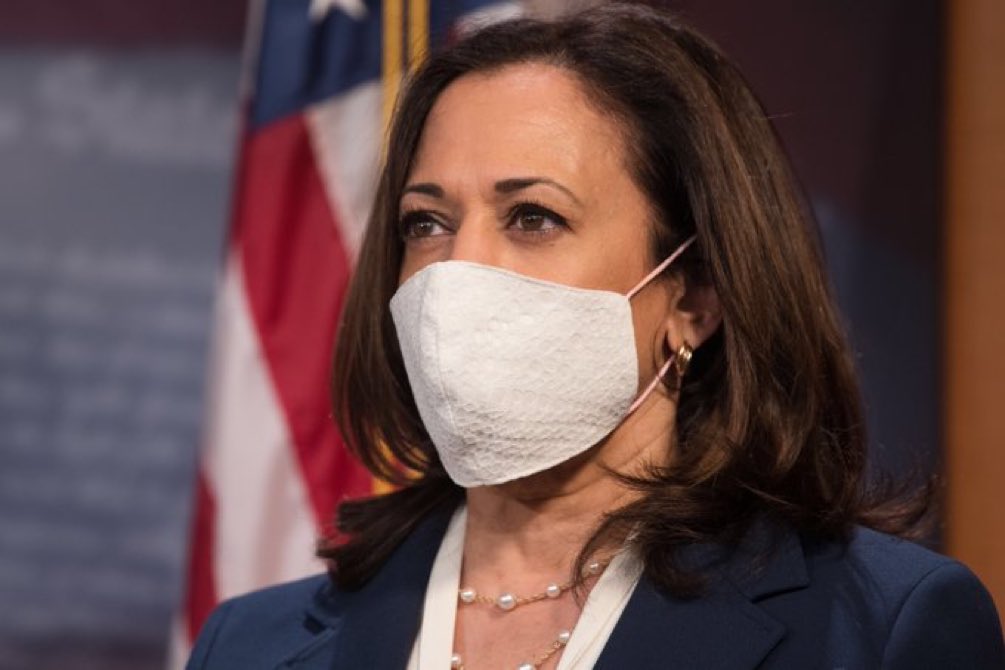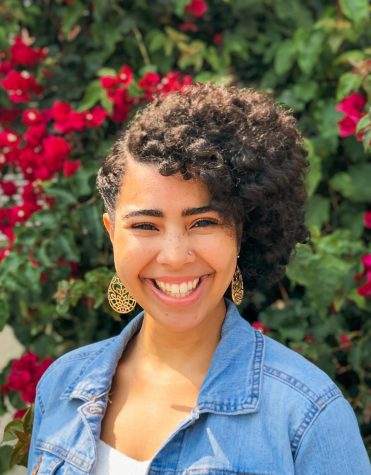This has been an election season for the history books. Record numbers of women, women of color and people of color ran for president in the Democratic race. Though our choices are now down to two elderly white men, the race started out as a fairly diverse group. What we are left with is evidence of who continues to hold the power in the United States and that women in politics still have a lot of work to do in order to achieve equity. Intersectional representation can help us do that.
NOT ALL WOMEN
Women’s involvement in politics has been complicated and far-reaching. The 100th anniversary of women’s right to vote could not be celebrated equally this year. Only white women were able to vote in 1920, and most women of color were not included in the 19th Amendment and had to fight longer and harder for that right. Most of the “first women to” in politics are white women, with women of color achieving their firsts later on.
A distinction must be made about the differences between the intersections of womanhood, namely race, class, nationality, disability and ethnicity. Recognizing that all women are not on an equal playing field by calling out the privileges that able-bodied, wealthy white women have in politics, is the first step toward laboring together for representation.
But our nation, after silencing women’s voices for so long, is still not comfortable with a woman as its leader. The legacy of internalized misogyny lives on in people of all genders, and power is still largely seen as intrinsically male. We need the increased intersectional representation of women in politics to change this narrative of who is fit to lead. Creating intentional space for representation will help us all see what we’ve been missing.
Sen. Kamala Harris, D-C.A., is a prime example of this since she is making history as the first Black woman to be on a major party’s ticket, running alongside former Vice President Joe Biden in the 2020 presidential election. If she and Biden win, she will become the first Black or Indian American woman—and first woman in general—to hold the title of vice president of the United States.
Harris went viral online when she shut down Vice President Mike Pence at their only debate, channeling every woman who has been talked over and ignored with her firm declaration, “Mr. Vice President, I’m speaking.” She fought for her right to speak that night and in doing so, invoked her right to be a Black woman in politics.
THE GLASS CEILING
Women have had to tread carefully within the realm of politics, meticulously curating their images to still be “feminine” while avoiding appearing emotional, shrill, aggressive and unlikeable. These terms are reserved almost exclusively for women, and when men exhibit the same behaviors they are positively reinforced as “firm leadership” and being “driven.” The element of race compounds the experiences that women of color face, reducing them to stereotypes like the “feisty Latina,” the “sassy and angry Black woman” and the “exotic Asian” woman. And regardless of color, women are subjected to heavier scrutiny than men in regards to their physical appearance.
Democratic Rep. Alexandria Ocasio-Cortez was “accosted” on the steps of the nation’s Capitol and called a gendered expletive by Republican Rep. Ted Yoho. President Donald Trump has been caught making demeaning comments about women in general, and for women in power he has not held back either. He has referred to Sen. Harris as “nasty,” a “mad woman” and “angry,” resurrecting the “angry Black woman” stereotype. Republican Sen. David Perdue of Georgia mispronounced and then proceeded to mock Harris’ name at a Trump rally.
Hillary Clinton, the first woman to win the presidential nomination of a major party, faced undeniable sexism from the news media and everyday Americans. Some sexism has been overt, like asserting that women are not fit to hold office because of their emotions. And some has been covert, like suggesting that she just “wasn’t likable enough.” Powerful men are not held to the same standard of likability and warmth that powerful women are in order to secure votes.
Conservative women have a unique battle of their own, as the increasing gender and racial diversity blooming in the Democratic Party is not mirrored on the Republican side. Democratic ideology has prioritized encouraging women to run and then electing them for office, while the Republican Party, in general, has not prioritized electing women. Judge Amy Coney Barrett is a notable exception, though the standard remains.
All of this is not said to attack Republicans in general. Male Democrats who supposedly preach equality are absolutely guilty of predatory and sexist behaviors and are more likely to be given a pass because of their liberal beliefs. The systems in place that normalize rhetoric like that which is used against women, and specifically women of color, need to be addressed and dismantled.
BE AWARE
Regardless of our personal politics or how you feel about Harris’ policies, we should evaluate how women and women of color are talked about and portrayed. No matter the candidate, we should denounce dehumanizing name-calling and loaded stereotypes and work to do better.
On both sides of the political aisle, we need more women in politics because being intersectional will move us forward in our battle toward a more just and inclusive political sphere.












